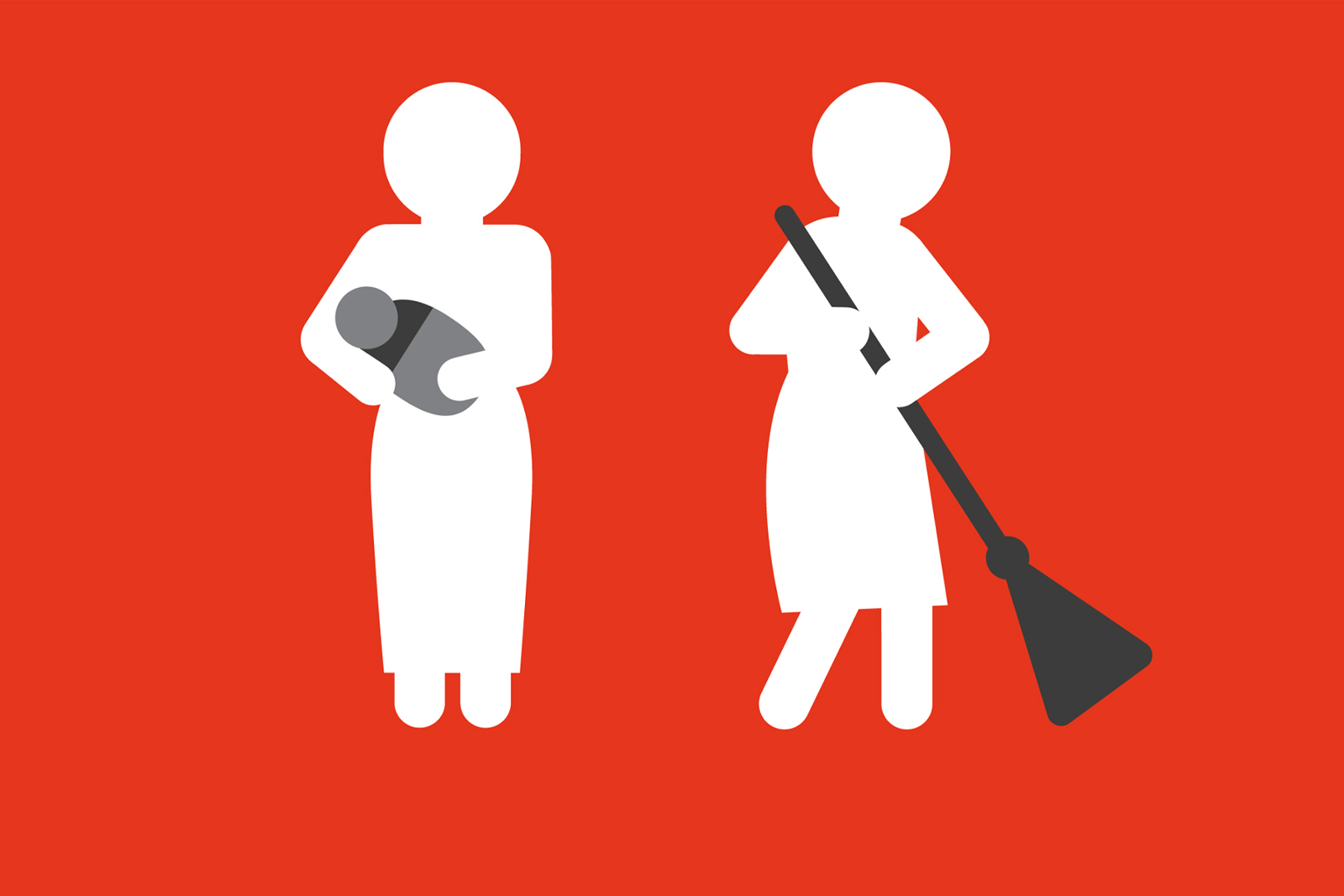
Redefining Gender Equality: The Hidden Value of Unpaid Care Work
Among the world’s most influential organizations advocating for gender equality and the rights of women and girls, UN Women stands at the forefront. It has long emphasized the critical need for investments in gender equity, especially in recognizing the often-overlooked contributions of unpaid labor.
Global rights frameworks consistently highlight gender equality but rarely address an under-acknowledged reality: the unremunerated work undertaken by women. This invisible labor, woven into daily life, is essential for societal function yet goes unrewarded in financial terms. To genuinely address inequality, we must broaden our understanding of productivity and wealth by including contributions that aren’t reflected in traditional economic measures.
Unpaid work performed by women accounts for as much as 40 percent of GDP in some nations, a staggering statistic that underscores the imbalance. Achieving gender equality requires addressing these disparities—redistributing unpaid labor, childcare, and household responsibilities. Globally, women and girls perform over twice as many hours of unpaid work each day as men. How should we respond to these numbers? While indifference or pessimism are tempting reactions, neither helps move us forward. Instead, learning, taking action, and recognizing the potential for change offer a path toward a more equitable society.
Empowering women, in turn, empowers men and strengthens communities as a whole. Although women face unique challenges, this isn’t an attempt to paint them solely as victims but to provide a statistical grounding for understanding inequalities. Across the world, women—particularly those from minority and migrant backgrounds—experience greater disparities in both paid and unpaid labor. These gaps are more than statistical; they’re solvable issues.
Globally, women make up around 80 percent of paid domestic workers, meaning they often engage in caregiving professionally and continue it at home without compensation. Of course, every situation varies, and these responsibilities should ideally be balanced based on individual circumstances. Yet, on a societal level, we must address the gross disparities in workload if we’re to build a fairer system. Poverty, in many cases, can be traced back to these unequal burdens.
Investing in women isn’t just an investment in individuals—it’s an investment in the broader economy. Increased time spent on unpaid labor limits women’s potential earnings, creating long-term financial constraints and heightening the risk of poverty. Recent international initiatives suggest there is growing recognition of this issue. National strategies, such as those passed in Panama, Colombia, Chile, and Brazil, have established care systems that aim to alleviate these burdens and provide more equitable access to support.
The International Day of Care and Support serves as a reminder of the importance of these systems. UN Women acknowledged notable progress in various countries. Kenya’s use of its first national Time Use Survey, for instance, informed the development of its national care policy. The Philippines’ Caregivers Welfare Act protects caregivers’ rights, while Spain has introduced a strategy for community-based long-term care. Canada, meanwhile, is working to provide affordable, inclusive childcare options in collaboration with provincial and Indigenous partners, supported by a $30 billion investment over five years.
These advancements represent steps toward a society where care and support are valued equally across genders. Every initiative that shifts the balance of unpaid labor brings us closer to an equitable future, where the contributions of all citizens—paid or unpaid—are fully recognized and rewarded.
